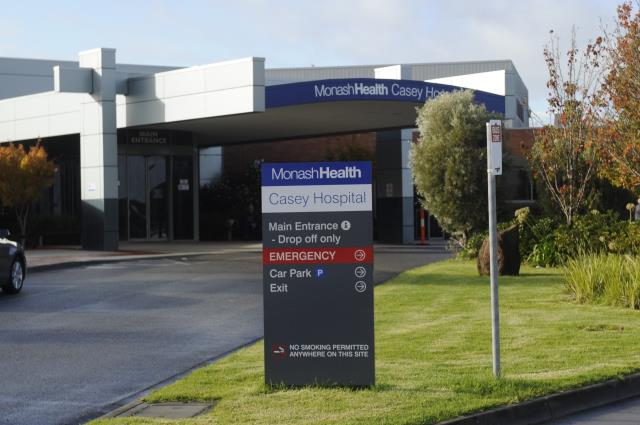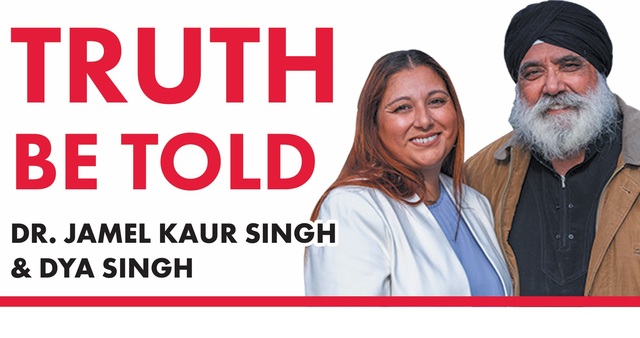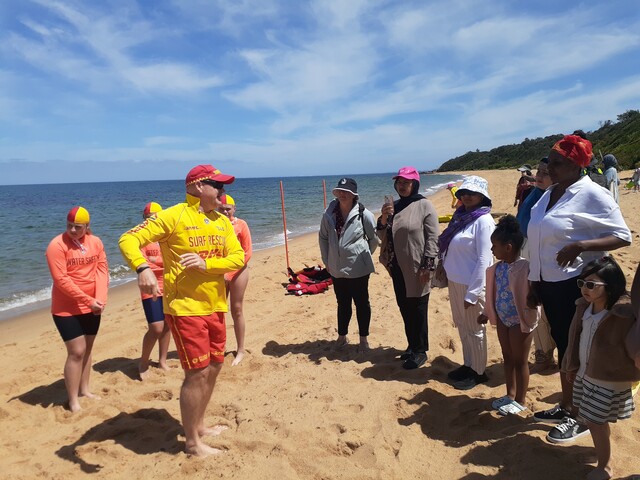Monash Health has been trialling a new treatment for a form of familial motor neurone disease (MND) which has the potential to reduce nerve damage and slow disease progression.
Tofersen gained accelerated approval from the U.S. Food and Drug Administration (FDA) in April 2023, making it the first approved treatment for a genetic cause of MND.
It has not been approved in Australia yet.
MND is also known as Amyotrophic Lateral Sclerosis (ALS) or Lou Gehrig’s disease.
In collaboration with Calvary Health Care Bethlehem, Monash Health is the first hospital in Victoria to offer access to medication as part of an Early Access Program in Dandenong and Casey.
Dr Yennie Lie, a neurologist leading the program that started in November 2023 said MND was a relentlessly progressive and fatal degenerative disease that caused the loss of the nerve cells in the brain and spinal cord that were responsible for controlling voluntary muscle movement.
“People with MND experience progressive muscle weakness and wasting, causing them to lose independence as they steadily lose the ability to move, speak, eat, and eventually breathe,” she said.
“Survival is only around two to five years from the onset of symptoms.”
Around 1500 people in Australia are living with MND. There is no cure for the disease and nearly 400 Australians die of it annually.
Current treatments aim to control symptoms, prevent complications, and improve quality of life.
Riluzole, an oral antiglutamate medication approved in Australia for MND, prolongs average survival by two to three months.
An infusion therapy called Edaravone (RADICAVA) may slow functional decline in people with MND by about 30 per cent. While it was approved in February 2023 by the Therapeutic Goods Administration (TGA), it is currently still unavailable in Australia.
One in 10 patients diagnosed with MND have what is known as familial MND, a condition in which there is more than one affected person in a family.
Superoxide dismutase 1 (SOD1) gene mutations are among the inherited causes of MND. It causes the body to create a toxic form of the SOD1 protein, which causes protein misfolding and aggregation within motor neurons and astrocytes, contributing to the progression of the disease. Patients with familial MND may have neurodegeneration and muscle weakness as a result of cellular dysfunction brought on by an accumulation of mutant SOD1 proteins.
The new medication Tofersen from Biogen, an American multinational biotechnology company, is designed to reduce the toxic SOD1 protein in the body.
It is given as an injection into the spinal fluid through lumbar puncture in three doses, once every two weeks, and then every month thereafter.
Dr Lie said Tofersen would bring a critical treatment option for families facing SOD1 MND, with the potential benefit of slowing disease progression, which might be associated with reduced symptoms and improved quality of life.
Tofersen belongs to antisense oligonucleotides (ASOs), synthetic nucleic acids that have been identified as a novel therapy option for treating neurological diseases.
ASOs are currently in development for spinal muscular atrophy, familial ALS, Huntington’s disease, and Alzheimer’s disease.
Dr Lie said one ASO, Nusinersen, was shown to improve symptoms in spinal muscular atrophy rather than just slowing the progression of the disease.
“Nusinersen is listed on the Pharmaceutical Benefits Scheme (PBS) for use in children and adults with spinal muscular atrophy,” she said.
“The success of Nusinersen for spinal muscular atrophy, a leading cause of death in infants and toddlers, gives us hope for the use of antisense therapies, like Tofersen, to target and treat MND.”
Tofersen has completed three phases of clinical trials in America and showed reduced neurofilament, a marker of nerve cell damage, and small trends of reduced decline in clinical function, muscle strength, breathing function, and quality of life.
Though it was approved in America, ongoing trials have still been investigating its clinical benefits as an accelerated approval process, different from the official FDA approval, does not conclusively prove a drug’s clinical benefits.
In Australia, the trial has been ongoing with Monash Health and Calvary Health Care Bethlehem to verify Tofersen’s clinical benefits.







